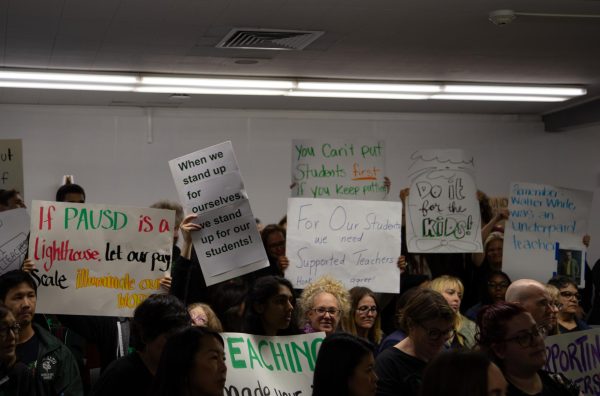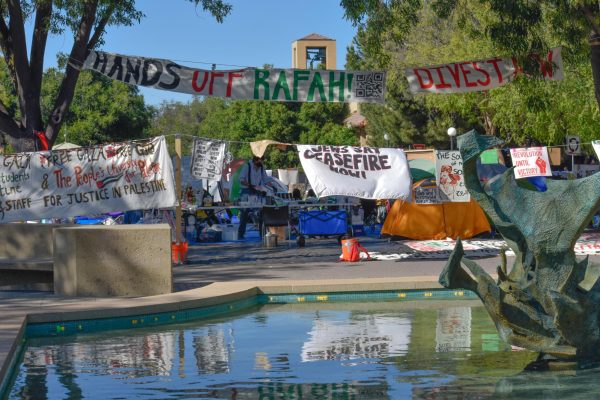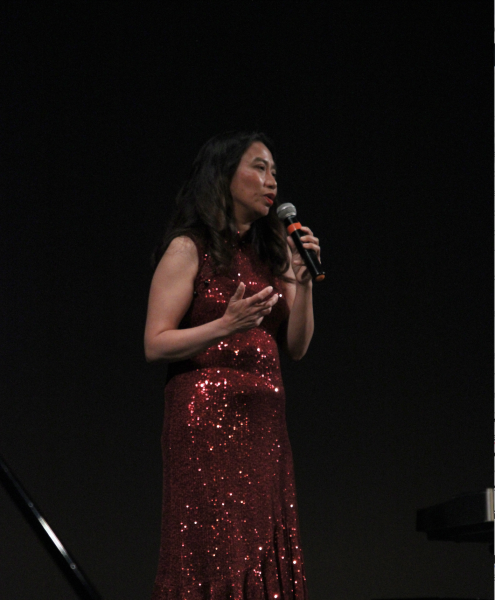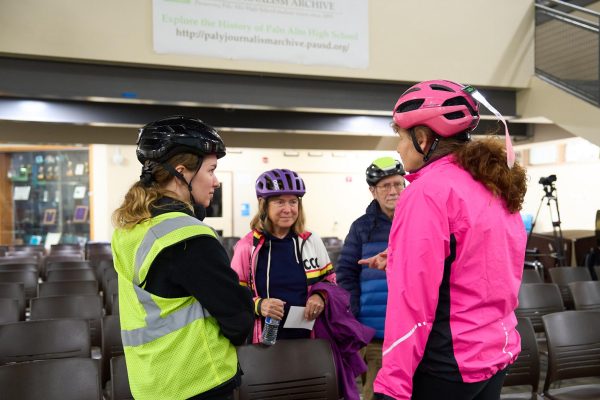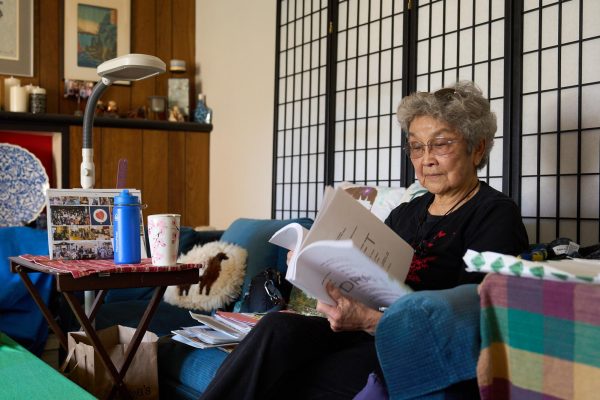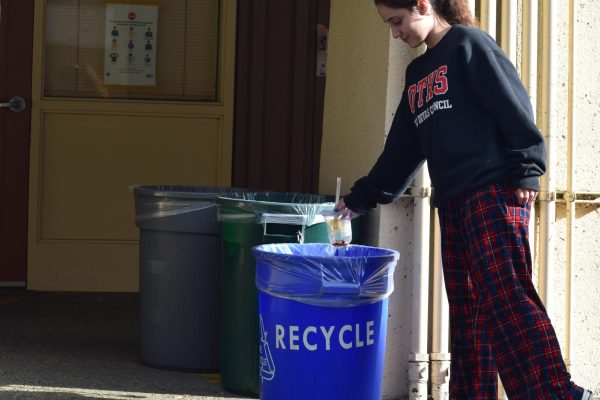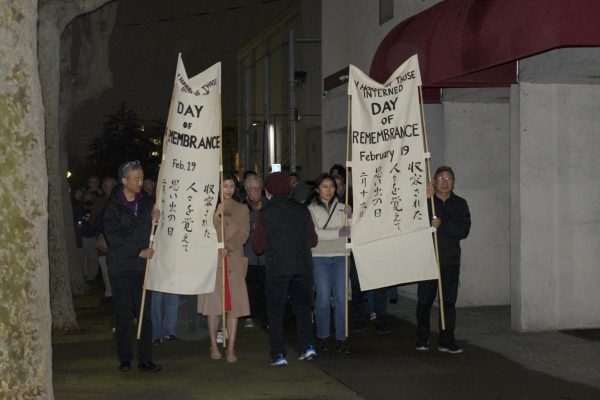Moving into view
Palo Alto Renters’ Association’s mission of housing equality
Forty-six percent of Palo Alto residents rent their homes. That’s 11,764 renting households. Still, for 50 years, there was no organized representative body for Palo Alto renters — but in 2020, Palo Alto Renters Association changed that.
Recently, Palo Alto has been called out for lagging behind other cities with its affordable housing, making housing an important issue in the midterm elections this November. In response, PARA, along with Silicon Valley at Home Action Fund and Palo Alto Forward, hosted a forum for city council candidates to discuss housing issues on Sept. 15.
“I hope that discussions actually mean action, because sometimes discussions don’t,” PARA board president Lauren Bigelow said.
PARA is an organization that focuses on building a community of renters and advocating for policies that benefit renters. According to Palo Alto historian Steve Staiger, they have long been integral to the community.
“Renters have always been a sizable portion of the Palo Alto population, pretty much from day one,” Staiger said.
In addition, Bigelow said the association was formed in part to communicate with Palo Alto’s elected officials, since there is a lack of representation of renters in the city government, with only one council member being a renter on a board of seven people.
“Because nobody was helping renters talk to each other, there wasn’t any way to communicate with our electeds to let them know what the repeated experiences of renters were like,” she said. “So, we wanted to build a community where renters felt safe, heard and connected.”
We have to protect folks and build more so that things become more affordable so that we can have more diversity around, because we all benefit from that.
— Lauren Bigelow, PARA board president
Staiger partly attributes the lack of representation on the city council to the total number of members.
“It was 9, and it used to be 11, and every so often they’d chop two of them, so that’s chopping off possible diversity,” Staiger said.
The necessity of giving renters a voice in the Palo Alto community is tied to the issue of socioeconomic inequality in Palo Alto, according to Bigelow.
“The median home price in Palo Alto is $3.3 million, and that is incredibly out of reach for a lot of people,” Bigelow said. “So, if you can’t afford to buy a home, then what are you? You’re a renter.”
Socioeconomic inequality in Palo Alto has long been tied to racial inequality, according to Palo Alto History. Renting issues, therefore, disproportionately impact racial minorities, Bigelow said.
“We saw a lot of our renters who were frontline workers [during the COVID-19 pandemic] being people of color,” Bigelow said.
The issue of renting ties into the larger conversation about affordable housing in Palo Alto. Faced with evidence of Palo Alto’s lacking successes compared with surrounding towns like Mountain View, the need for more affordable housing has risen to the top of political discussions.
People don’t really know that we exist, and part of that reason is because we’ve all become so disconnected from each other and from our community.
— Lauren Bigelow
“We have to protect folks and build more so that things become more affordable so that we can have more diversity around, because we all benefit from that,” Bigelow said.
Bigelow said one of PARA’s goals is to grow in numbers to gain prominence. She said they grew from 250 members in their first year to 500 now, but out of 11,764 renters in Palo Alto, they are still relatively small.
“People don’t really know that we exist, and part of that reason is because we’ve all become so disconnected from each other and from our community,” Bigelow said. “Especially when 27% of Palo Alto renters are in single family homes, it’s really tough to get to know your neighbors.”
According to Bigelow, PARA is encouraging people to raise awareness about the issue, garner publicity for the association, and vote in alignment with renter interests in order to gain equality.
“That’s a Palo Alto that we want, right?” Bigelow said. “Inclusive and accessible for all.”


